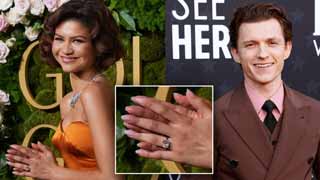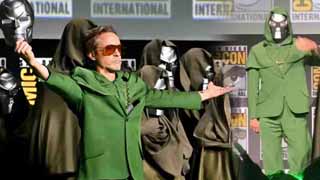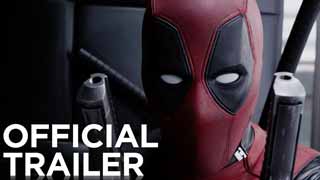But in a new interview, and within the context of the recent Black Lives Matter protests, she took the time to further elaborate on how the film's storyline caters primarily to its white viewers.
`Not a lot of narratives are also invested in our humanity,` she said. `They're invested in the idea of what it means to be Black, but...it's catering to the white audience.`
Davis went on to explain that while the movie might provide some insight into some of the experiences of Black Americans, its structure and the voices it chooses to centralize do not contribute to a greater culture of understanding.
She doesn't regret working with the cast and writer-director, she says in the interview. Rather, it's the film's faux-deep insight into her character, Aibileen, that set it on the wrong path by opting to tell the story through a white perspective.
`The white audience at the most can sit and get an academic lesson into how we are,` she said. `Then they leave the movie theater and they talk about what it meant. They're not moved by who we were.`
Davis took on the role in hopes that she would `pop` into stardom, which she said is an opportunity very few Black women get the chance to attempt. Even so, she said the movie's hesitance to share a more inclusive and accurate story left her feeling disappointment in her involvement.
`I feel like my entire life has been a protest. My production company is my protest. Me not wearing a wig at the Oscars in 2012 was my protest. It is a part of my voice, just like introducing myself to you and saying, 'Hello, my name is Viola Davis.'`








 Tenet Review: An ingenious piece of Nolan's cinematic vision!
Tenet Review: An ingenious piece of Nolan's cinematic vision! 'The Great Heist' Review: A nail-biting Columbian thriller based on a historic robbery
'The Great Heist' Review: A nail-biting Columbian thriller based on a historic robbery Bollywood Stars Who Were Absent from the Big Screen in 2024
Bollywood Stars Who Were Absent from the Big Screen in 2024 Top 10 Bollywood Movies of 2024 - Unforgettable Hits
Top 10 Bollywood Movies of 2024 - Unforgettable Hits Cinematic Gems of India - Highly Acclaimed Regional Movies
Cinematic Gems of India - Highly Acclaimed Regional Movies Grant Imahara, co-host of Discovery Channel's 'Myth Busters' and Netflix's 'White Rabbit Project', has died at 49
Grant Imahara, co-host of Discovery Channel's 'Myth Busters' and Netflix's 'White Rabbit Project', has died at 49 David Makes Man Trailer Debuts Ahead of HBO Max Premiere
David Makes Man Trailer Debuts Ahead of HBO Max Premiere ‘Radioactive’ Trailer: Rosamund Pike Is Marie Curie in Marjane Satrapi’s Genre-Hopping Biopic
‘Radioactive’ Trailer: Rosamund Pike Is Marie Curie in Marjane Satrapi’s Genre-Hopping Biopic